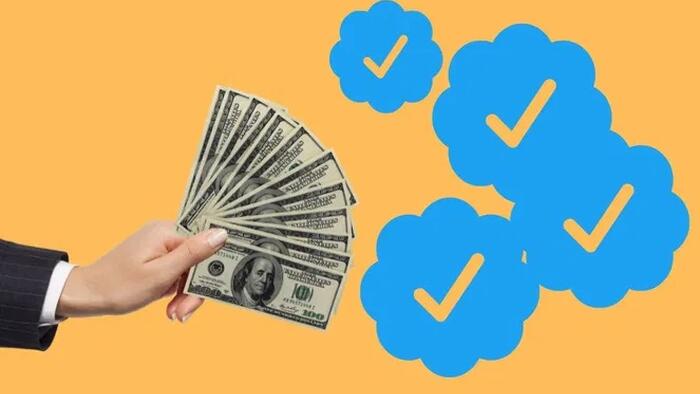


This week corporate media journalists were in an uproar over the apparent revocation of the New York Times “blue checkmark” status on Twitter, accusing Elon Musk of targeting the left wing outlet while verifying more “right wing” accounts.
The reality, though, was far less conspiratorial.
Twitter had announced changes to the platform's verification process effective April 1st which made the once coveted Blue Checkmark an easily obtained status for $8 a month, and a gold checkmark for some institutions would cost $1000 per month. Multiple legacy media companies from CNN to Politico and even the White House refused to pay, and apparently, many of them assumed that because of their supposed cultural prominence they would be given a checkmark anyway for free. The NYT was one of the first organizations to lose their checkmark due to lack of payment.
For those people that don't use social media often this news might seem irrelevant, but there is much to learn about the psychology of elitism here.
Under the previous Twitter regime the blue checkmark was considered a symbol of exalted status, a badge of honor. And no, this is not a joke, this is reality. The blue check was an indicator of a “notable user” of the platform and the verification process was highly selective and arbitrary. At times, Twitter management would even pause verifications, making the check even more rare.
In 2019-2020, less than 0.1% of all accounts on Twitter had received verification and a checkmark. Verification was based on a number of factors including number of followers, online press coverage, public notoriety and institutional “legitimacy.” The application process was only available once a month for users and ultimately, verification was up to Twitter staff – If they didn't like you or your politics, or they designated you as a peasant, you probably would not get the check.
In fact, one of the only sure ways to get a blue check account was to buy it through back channels. After Musk's takeover of the company, it was revealed that under the previous management Twitter staff were actually selling blue checkmarks to some users for up to $15,000 a pop. This might explain why certain people and organizations are so angry that Musk is now selling them for only $8 a month.
The social media company had created artificial scarcity of a digital tulip that represented nothing more than a symbol of online vanity. It's hard to think of anything more representative of today's social media culture and the narcissism that pervades it than the blue check.
Now, that elitist world is being flipped on it's head and establishment journalists, corporate CEOs and some Hollywood celebrities are not happy about it. If anyone can get verification for $8, then the checkmark is meaningless to them. Multi-million-dollar companies and wealthy individuals don't want to pay $8 because the verification of identity was not the point – The point was to feel special. To feel superior to others. That was what they were buying when they were spending $15,000 bucks a year ago; to show the peons in the general public they are better.
While most people with celebrity status or government status were sure to get a checkmark, blue checkmark holders outside of that realm have been predominantly on the left side of the political spectrum. Receiving a check was almost a kind of virtue signal in itself, a brand of loyalty to the cult.
Whether one cares about Twitter or not, it's impossible to deny that Musk's buyout of the platform has been entertaining. The dissolution of the checkmark club is representative of the leveling of the playing field, a condition which elitsts and the political left despise. The outrage on display over an $8 fee tells us all we need to know about them.
